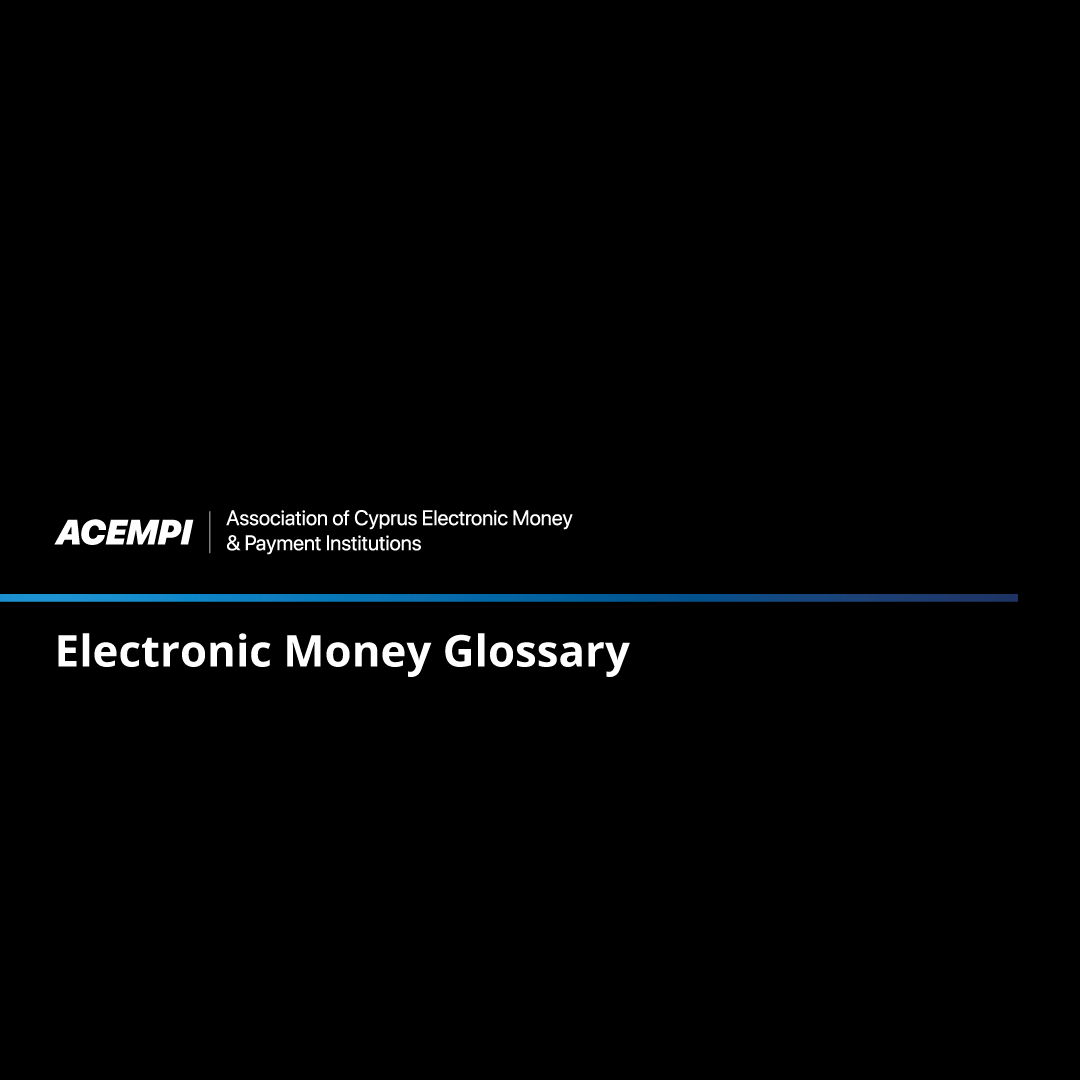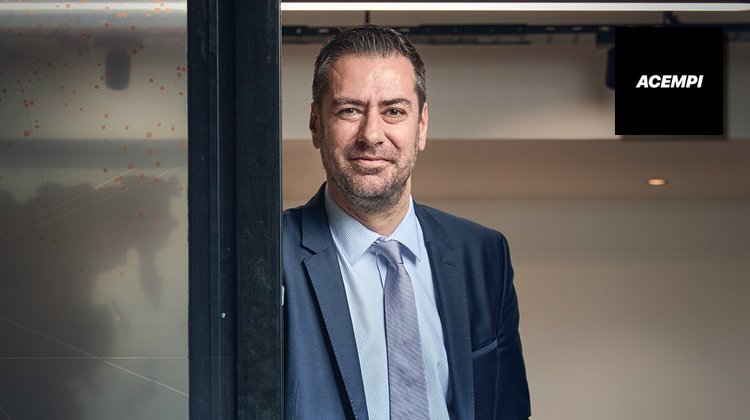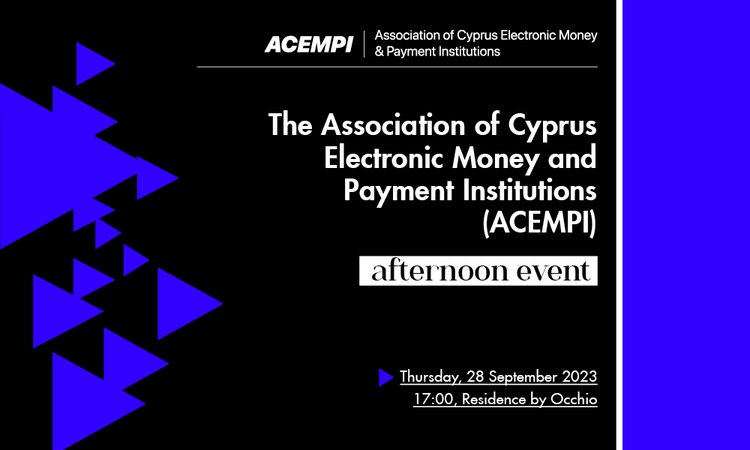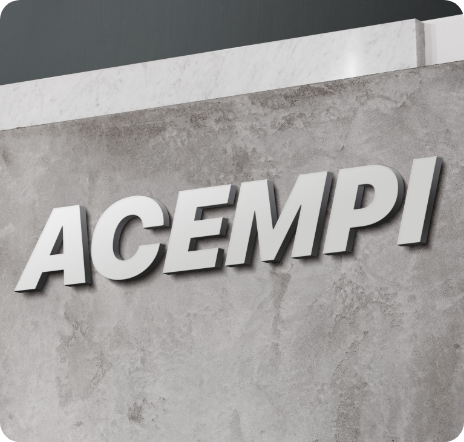Andreas Vassilopoulos, Business Development Director at G.A. P. Vassilopoulos Group, discusses how mergers and acquisitions are reshaping the payments industry and why an increasing number of banks are opting to stay in their traditional business lane.
The payments industry is extremely fragmented -there are more players than ever and it would appear that the breakneck pace of innovation has accelerated this fragmentation. Why is it so challenging to harmonize the industry and do you see a way for the industry to defragment itself?
It is important to recognize that the payments industry is currently going through a major transformation driven by a combination of powerful forces.
The regulatory framework is becoming even stricter – more investments are required by the players in this industry to meet requirements. Card fraud is a daily phenomenon that requires continuous investment on behalf of the acquirer in order to ensure the protection of merchants and consumers. New technologies, new innovations and new payment models also require continuous investment, while end-client expectations for more competitive payment products put pressure on margins. Having all this in mind, it is no coincidence that larger players are acquiring smaller ones to achieve economies of scale that will enable them to grow faster and provide solutions that meet the requirements of a very competitive industry. There have been many examples of mergers and acquisitions in the past two years, which are definitely leading to a gradual defragmentation of the payments industry. Innovation is, of course, key. Millions are being invested yearly in R&D and new innovative payment methods are constantly being adopted, so that consumers can pay by their preferred methods. This is another reason why larger players that invest in innovative payment methods will always be ahead of the competition and maintain their leading position in the industry. As Vpayments, we are proud to have partnered with Worldline, which is now the biggest player in Europe and fourth in the world.
The pandemic has reinforced major shifts in payments behaviour: cash is no longer king, migration from in-store to e-commerce has increased and instant payments have become more widespread, among others. So, which of the shifts observed in the past two years do you think will be permanent? Are consumers likely to revert to their old habits at all?
Indeed, the pandemic has accelerated the use of electronic payments across all channels, via cards in-store or online, in many parts of the world. The markets have seen this shift and consumers who have realised the ease and safety of making electronic payments are unlikely to switch anytime soon.
E-commerce has been on the rise for many years now and will keep on rising due to its convenience. Anything a consumer needs can be found online and products are delivered straight to their door, often at lightning speed. There are markets that are still lagging behind in terms of electronic payments adoption. However, it’s only a matter of time for them to catch up. Electronic payments are here to stay and will keep growing across the globe.
With so many new entrants each year, payment industry players will need to find ways to stand out. In the never-ending search for differentiation, what specialised services or products do you see emerging within the industry?
What will be the new revenue models for the industry? The cost to enter the payment industry is very high. Given this fact, new entrants truly rely on innovation to be successful. In any event, larger players that look to maintain their leading positions in the market will eventually acquire new successful entrants. Crypto is definitely one of most anticipated services/products entering the payments industry. Even though it is still early in terms of being able to use crypto as a payment method, cryptocurrencies are already established in the market. Big players that foresee the potential of crypto will adopt it in their payment systems and excel even further.
Although banks may be late to the party, they are already adapting to the new reality. Do you see them presenting a serious threat to the industry?
Years before fintech companies emerged, banks had the means and resources – not to mention the services and capabilities – to become something more but chose a different path. I believe that it is hard for banks to enter the fintech world. In bigger markets, banks are shifting to their core business and are already selling the processing and acquiring parts of their business to the payment experts. For years, banks have been at the forefront of card acquisition but this is now changing. As such, card acquisition is no longer considered core business; hence, banks are shifting towards higher-margin banking services. It is only natural for them to sell and focus on true banking services in order to maintain their quality and level of service towards their customers. Banks that do not understand this will probably not succeed and possibly lose customers to other banks that wish to maintain their status and offer amazing customer service and true banking services to their clients.
While the PSD2 Directive was introduced to stimulate growth and competitiveness in the industry, there are already plans to upgrade it (PSD3). What are the main drawbacks of the present situation and how should PSD3 correct them?
PSD2 has created several issues in areas such as API standards and single customer authentication methods, among others. Furthermore, it has not enabled SEPA Instant Payments, as it originally intended to. Obviously, PSD2 revealed the issues and the complexity with implementing a pan-European standard. As such, PSD3 aims at removing that complexity and providing more precise definitions of the API standards, while at the same time encouraging the banking system to work collaboratively towards this goal. It remains to be seen what the outcome of these efforts will be.
The company has recently gone through a major rebrand, changing its identify from G.A.P. Card Processing Services to Vpayments. What does this change mean for the company?
Vpayments (Vassilopoulos Payments) is the evolution of G.A.P. Card Processing Services, which includes a wider range of services in the field of electronic payments. In recent years, our company has taken on new dimensions and has not only established itself in the Cypriot market but has expanded to Greece, Malta, Belgium, the Netherlands, Germany and the United Kingdom. While evolution is a daily reality at Vpayments, one thing is certain: our commitment to trust. This new chapter and new identity are an integral part of the G.A.P. Vassilopoulos Group. The rebranding process has already begun and will be completed in the coming months. As Vpayments, we process cashless payments through our modern POS terminals, through our online payment portal and/ or through Worldline SoftPos, where Android phones can operate as professional POS payment terminals. Whichever solution we offer, we ensure at the same time the global acceptance of all major credit and debit cards and other payment methods, meaning that our merchants’ customers can always pay with the card or method of their choice.
What’s next for Vpayments?
For the past 4 years, Vpayments, a member of the G.A.P. Vassilopoulos Group, has offered cashless solutions to every merchant, sector and online store, regardless of size, across Europe, in collaboration with Worldline, one of the leading payment companies in the world. Vpayments, as a representative of Worldline in Cyprus and throughout Europe, has the opportunity to constantly offer new technologies to its merchants. Worldline invests millions of euros every year in new payment technologies and methods so as to be always one step ahead of the competition and to maintain its power as the number one payment provider in Europe. Vpayments merchants will always be that one step ahead of the rest in terms of their electronic payments. As a Group, we have mastered the payments industry and we offer a variety of payment services across the board. At the same time, as Vpayments, we are constantly upgrading our services and looking out for new trends in the payment industry so as to offer value to the businesses of our merchants and impeccable service.












